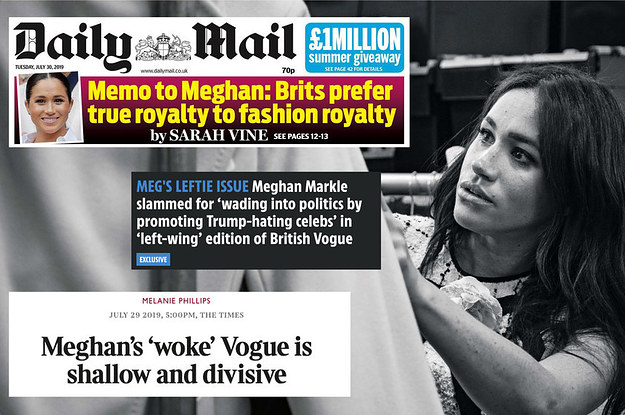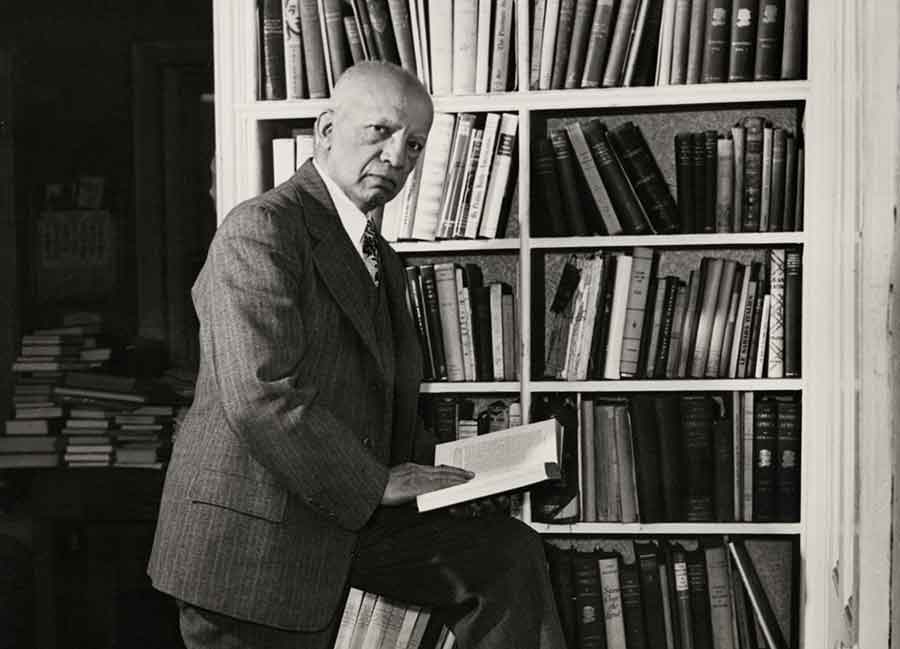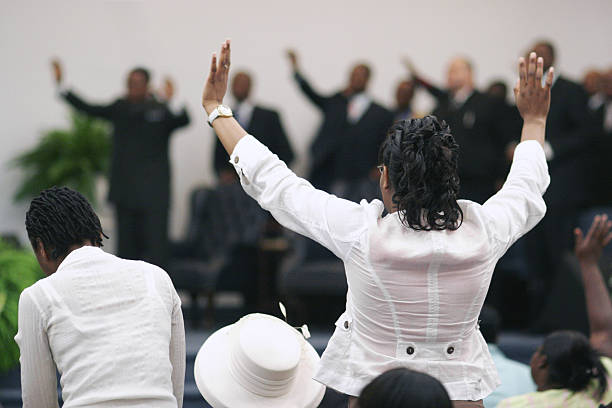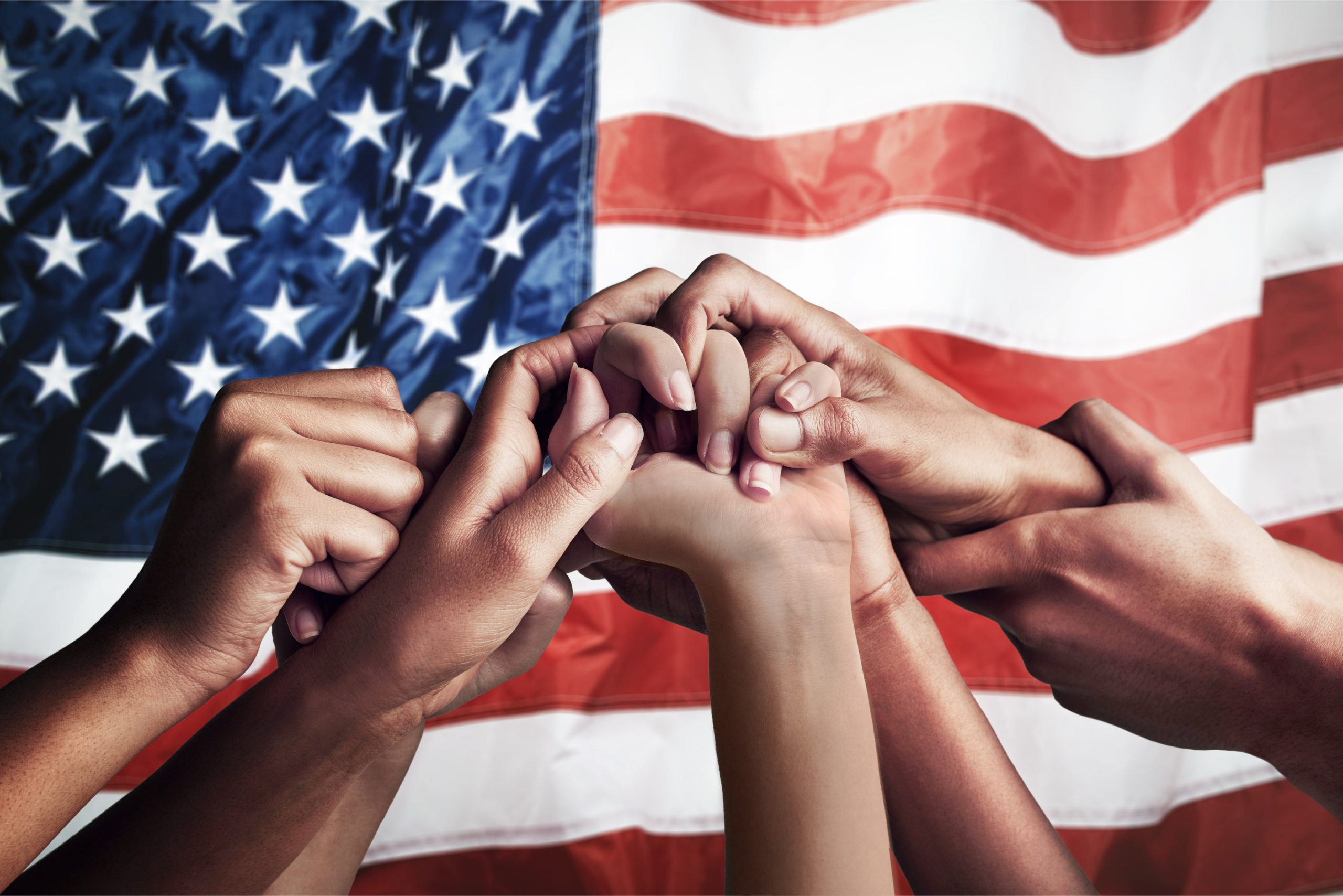(ThyBlackMan.com) Almost certainly Meghan Markle had to know the moment she became the Jackie Robinson of British royalty; she’d always be a target. But at first there seemed to be a bit of naivety if not on her part about the backlash of racism she’d be hammered with, but on the part of hubby Prince Harry.
Two years before their 2018 marriage, Harry lashed out at the perennially gossipy, muck raking British tabloids for what he termed the “wave of abuse and harassment” against his fiancé. He could have saved his breath. It was the rare moment when there wasn’t some tidbit of gossipy alleged insider news about the royal marriage splattered over a tabloid. Always lurking underneath the finger-point stories was the strong odor of race.
The pattern was set the instant the couple announced their wedding plans. Markle was quickly put under the looking glass. Every scrap of information about her family background, her career, her education, and her interests was endlessly raked over the tabloid coals. It didn’t take long for the standard racist cracks and quips to kick in about her and her motives for crashing the royal family. She was not simply the soon to be Duchess of Sussex. She was the Black, colored, or somewhat more charitably, mixed race, bi-racial Duchess of Sussex. No matter how silent the Queen Mother, Elizabeth, was or how many terse denials were made, that there was no antipathy or friction toward Markle based on race, the speculation was non-stop that it was. And, that she would never be accepted by the family as one of them.

It was only a matter of time then before the dam burst. Harry and Markle would make their exit from the royal family ceremony, pomp and circumstance, ritual and so forth that surround British royalty. When they announced they wanted to be left alone and would relocate to another land to escape the back biting, gossipy glare of the press and the royal family, that didn’t stop the carping and backbiting about her and them. They were branded ingrates, spoiled, and ripped for eternally playing the race card to hit back at any criticism aimed at them no matter how valid that might be.
A prime knock was that they enjoyed all he perks and privileges of royalty, while demanding a hands-off attitude from the press even when they allegedly misbehaved including the issue of allegedly using royal monies on frivolous spending. Each time Markle and Harry screamed that they were the targets of a relentless, well-crafted campaign of racial abuse masquerading as merely normal curiosity and public interest about the doing of royalty, there was a counter. One of the biggest is that Britain supposedly is one of the most tolerant European countries on race. And since Blacks make up a relatively small percentage of the British population it’s easy to make the case that Britain is not a country where you’ll see a George Floyd or massive, poverty stricken urban ghettoes ala the U.S.
As for Markle, then, the critics message is that she should be grateful for the colossal privilege of being royalty with all the perks and the adulation that supposedly go with it. Markle may well have bought this line, except for one thing, she was never allowed too. Even after pretty much being done with the royal family stuff, she was still hounded with yet another barrage of accusations. This time she allegedly bullied staff members to the point where they fled from service to the couple. The proof of this is scant and Markle and Harry hotly denied the charge. Both chalked it up to yet another of the by now standard racist attacks on them.
It was inevitable that sooner or later Markle would seek as big an audience as she could find to voice her anger and frustrations of the five-year bumpy ride she’s been on as the Duchess of Sussex. Or, that the Black, or if you prefer bi-racial, Duchess of Sussex has been on. She got that audience with her and Harry’s interview with Oprah. But there was one person, though, who would not watch. That was Queen Elizabeth who made clear she wouldn’t have the telly turned on for the interview.
The Queen Mother may have taken a pass on them. But legions of Brits didn’t follow her lead. No, Markle is just too compelling a subject of interest, and for many more Britain’s too compelling a target.
Written By Earl Ofari Hutchinson
One can find more info about Mr. Hutchinson over at the following site; TheHutchinson Report.
Also feel free to connect with him through twitter; http://twitter.com/earlhutchins
He is also an associate editor of New America Media. His forthcoming book is From King to Obama: Witness to a Turbulent History (Middle Passage Press).

















White racists throughout the world find mystery, and intrigue via their fantasizing about the sexual prowess of black men and black women. Such thoughts are deeply embedded in much of western world literature:
On” To Kill a Mockingbird ” by Harper Lee
We must throw off the mistaken belief that Harper lee likens the condemned Negro Tom Robinson to an innocent “mockingbird “put in the world to make music, and harm no one. Nothing is further from the truth. Harper Lee attempts to stroke the bruised egos of the whites of the Deep South by creating these lies to justify the racist attitude of whites in the Deep South in 1936. The book “ To kill a Mockingbird “, written by Harper Lee, uses the double entendre word ” mockingbird ” that both defines, and also describes the white man and woman treatment of the Alabama negro Tom Robinson who was found guilty for raping a local white woman named Mayella, Ewell. This book is so titled as to point out the different treatment of a black man (i.e. the mockingbird ), and a white man ( i.e. Lawyer Atticus Finch, considered a real white man, not one who ” mocks ” or mimics the Caucasian southern American lifestyle in southern American society ( i.e. Monroeville, Alabama ) where the negro man ( i.e.” mockingbird ” is used as a racist “double entrende metaphor like ” porch monkey ” and “coon ” describing the negro man whose lifestyle” mocks “, or supposedly mimics the white man’s lifestyle in the Deep South ). ” Mocks” also means “to tease or laugh at the White man in a scornful or contemptuous manner by stating, and or acting like he feels sorry for a particular white man or woman. Death was the penalty for a negro man or woman in 1936 in Alabama who” mocks” ( i.e. ” mocks ” means the double entendre word in all of its differing forms, or looks down upon, showing pity for a white man or woman ). Tom Robinson was sentenced to death for feeling sorry ( i.e.” mocking ” ) white men, and white women, feelings of pity( i.e.” mocking ” ) that he, as a Negro man, was not allowed to have, or express. Tom Robinson would have been better off skinning, grinning, singing, and dancing for the Alabama white folks, in other words, being a dumb, cut-the-fool negro like all of the whites in his town expected him to be, not an honest, sincere, Negro man with genuine feelings for the white man and woman. Such feelings of pity like Tom Robinson had for several white folks in his town exposed unwarranted racial discrimination by the white citizens in his town as sinful, dishonest, and embarrassing. Tom Robinson’s testimony made the white citizens ashamed of their kind of behavior. The inhumanity of the humane Tom Robinson, helped define the” the double entendre word” mockingbird ” an innocent Negro man, thus had to be proven savage, and brutal enough to be guilty of the accused crime in a southern, racist white man’s court of law. This book, in its entirety, reveals what white men, and women will do to protect their egos, maintain control, and punish Negroes for trying to live on an equal status with whites. The book is about how far these Alabama racist white men and women were willing to go to avoid being embarrassed by an Alabama Negro man. Tom Robinson, a negro man living in the American Deep South, had to be severely punished for thinking himself the same as the local white folks, and also for looking down his nose at Alabama white people in the 1936 American Deep South;
The American brand of racial discrimination has its origin deep within the culture of the white race. An example of this is the play Othello by Shakespeare. This play is often taught in high schools, colleges and universities as a classic tragedy. There are those who would argue that the noun “Othello “was a complete invention by Shakespeare. It was a complete invention, but a clever racial one. The word “Othello “is a noun comprised of two Latin words which in Shakespeare’s time automatically identified who he was talking about because that person looked so differently from his white skinned society. Othello was portrayed as a black Muslim. The Latin rooted English noun ” Othello ” translate out to mean “of the it ” “Oth ” means ” of the “, and ” ello ” is a pronoun which means ” it .” The continued dehumanization of the black male passes on to the white skinned wife of Othello. Her name is “Desdemona.” The Latin word “Des” means descendant of, and the Latin word Demona “which means female demon. So the condemnation of the interracial couple within its own culture is complete with an ending caveat which is to stay away from such a love affair that can only have a tragic end.
We can also see and understand the ancient strains of racial discrimination against the black male in the Greek writings of Homer. The Iliad and the Odyssey identifies the king Odysseus, who through bad relations with the gods, sailed a confused route home to Ithaca. Much of Odysseus’ route was along and near the northern coast of Africa where he encountered dope addicts (lotus eaters), and witches, and monsters. The white skin race’s habit of demonizing the black skinned race is very old and has passed on from ancient times up to the present through stories like these. Even Aristotle was ran out of his home, and Socrates was executed for trying to introduce ideas which had their origins in the black race. We cannot continue to believe that the black male is noxious to America. These fears were born in the culture of the ancient white race that had a world conquest mission and have no relevance in today’s America. Our teachers and scholars must continue to study, interpret and reinterpret our own racial discrimination and bigotries embedded in our treasured ancient stories.